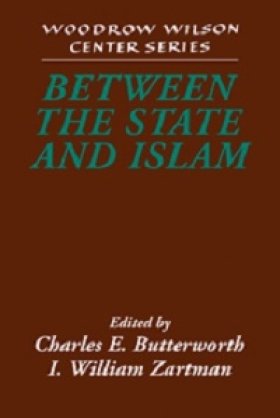Between the State and Islam

-
Until recently, the study of the Middle East has focused almost exclusively on Islam and on the regime, especially on its non-democratic aspects. It has done so at the expense of accounting fully for the forces of skepticism, liberty, and creativity that struggle against Islamic conformism and state hegemony. Strangely, there seems to be no scholarly awareness of the simple fact that however influential religion appears in word and deed, however evident the trappings of state authority, people come into being, thrive, marry, raise families, think, laugh, and cry without regard to—indeed, sometimes in utter defiance of—the strictures of religious or state authority. This volume examines how Middle Eastern peoples in the nineteenth and twentieth centuries lived and flourished while trying to shape their political and religious surroundings outside the formal structures of established religion and the state.



